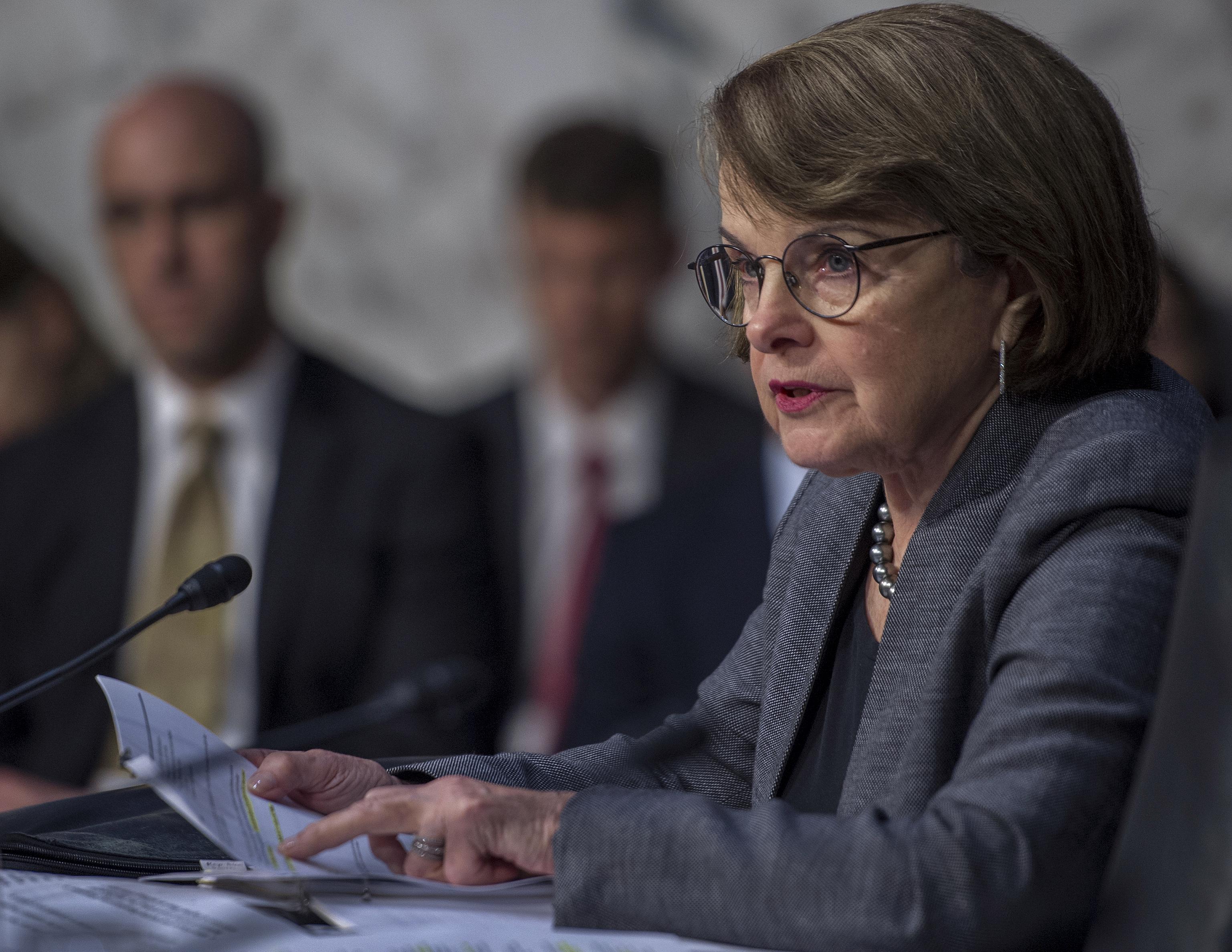National Security Agency surveillance programs revealed by Edward Snowden have helped fuel significant constitutional questions in a Chicago terrorism case. But now the government has won a court ruling allowing details about its Internet spying to remain secret.
Adel Daoud is accused of attempting to detonate what he believed was a car bomb in Chicago after being identified as a possible terrorist through his emails and other online activity. According to an FBI affidavit filed in the case, two undercover FBI agents reached out to 19-year-old Daoud after he was observed researching violent jihad and viewing the English-language al-Qaida propaganda magazine Inspire. The undercover feds pretended to be considering waging jihad and set up a face-to-face meeting with Daoud in an Illinois park in July 2012. According to the affidavit, Daoud expressed a desire to kill hundreds of Americans in retaliation for a perceived U.S. war against Islam and Muslims. He allegedly came up with a plot to bomb a bar in downtown Chicago and was provided with fake explosives constructed by FBI bomb technicians. In September 2012, he attempted to detonate the device outside the Chicago bar and was taken immediately into custody.
However, a crucial and highly pertinent part of Daoud’s case involves how he initially popped up on the feds’ radar. According to the FBI, the teen was first noticed in October 2011 after he used an email account to obtain and distribute material related to violent jihad. It is not mentioned by the FBI in the court documents how those emails were first flagged. But last year, when a controversial 2008 amendment to the Foreign Intelligence Surveillance Act was up for renewal, Senate Intelligence Committee Chairwoman Dianne Feinstein, D-Calif., used Daoud’s case as an example of how the law had been crucial in thwarting potential domestic terror plots.
Feinstein’s statement, plus recently leaked documents about NSA surveillance, prompted Daoud’s attorney to seek disclosure of details related to how the investigation into him first began. The defense team had hoped to obtain the information to challenge the constitutionality of subsequent evidence. But on Wednesday, federal Judge Sharon Johnson Coleman denied a request to order prosecutors to disclose details about the surveillance. The government had argued that it should not have to disclose the details because it did not intend to use information gleaned from the surveillance at trial.
It appears likely that Daoud was first flagged after his emails showing an interest in jihad and al-Qaida were spotted by NSA programs used to collect and sift through troves of data mined directly off of Internet cables. Many details about these so-called “upstream” programs have been exposed through documents leaked by Snowden. In addition, secret NSA rules revealed in June how domestic communications scooped up by the NSA without a warrant can be passed on to other agencies and used to initiate an investigation if they are believed to contain “significant foreign intelligence information” or show evidence of a crime that has been, is being, or is about to be committed.
The Supreme Court ruled in February that if the government intends to use information gleaned under FISA in judicial or administrative proceedings it must provide “advance notice of its intent,” and a defendant may challenge the lawfulness of the surveillance. But in the Daoud case, the government appears to have dodged this by claiming it will not use any of the information related to the surveillance during the trial—even although the initial FISA surveillance apparently played a pivotal role in sparking the investigation.
The government’s successful attempt to keep the surveillance secret in the Daoud trial suggests that it either lacks confidence in the constitutionality of the spying or the Justice Department is still struggling to embrace the greater transparency on surveillance recently promised by the Obama administration—or both.
